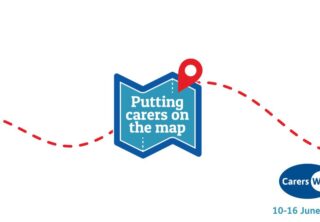Workforce development programme
Caerphilly and Blaenau Gwent wanted to develop social work practice across both local authorities to embed the spirit of the ‘Social Services and Wellbeing Act’
-
Situation and task
-
What was the impact?
-
Key success factors
-
Situation and task
-
Situation and task
We were asked to co-design and deliver a ‘What Matters’ programme that would ensure all teams across adult and children’s services were supported to identify their own strengths and weaknesses, plan how they would take forward their specific practices, and be supported to develop and implement change.
Based on feedback from a recent training needs analysis, the client was clear that the programme needed to take a team-based approach and be flexible in addressing local support needs. We did this by:
drawing together existing policy and good practice into a common overall framework which would confirm the priorities and expectations all social care staff would work to in implementing a ‘what matters’ approach;
developing a self-assessment tool for teams and then supporting them to use this to review their current practice and identify their strengths and areas for improvement; and
drawing on the findings of the self-assessment activity to design and deliver a bespoke training programme which addressed the gaps in skills and knowledge identified for each team.
-
What was the impact?
-
What was the impact?
“The tools have been shared with other partners and have found their way into many different developmental activities”
Rhiannon Thorn, Workforce Development Service
Social work teams were able to draw down relevant training and development, choosing from Motivational Interviewing, Understanding and Dealing with Risk, Collaborative Communication, Personal Outcomes and Monitoring, Strengths-Based Approaches, and Negotiation Skills and Dealing with Resistance.The project formed part of an ongoing programme of support and contributed valuable tools and resources that continue to be used today across children’s and adult’s services.
-
Key success factors
-
Key success factors
By taking a team-based approach to development, and enabling teams to assess their own strengths and support needs, we were able to be flexible in the training that we provided, making sure that it met each team’s specific requirements.
This was very much a co-produced set of training materials and practice tools; by working collaboratively with the Workforce Development Service, everything we produced was influenced by what those delivering the services needed.
By co-delivering every workshop with a member of staff from the Workforce Development Service, the client was able to sustain the development work beyond IPC’s involvement.
Related News

Carers Week 10th-16th June
10/06/2024
Carers Week from 10-16 June 2024 will focus on ‘Putting Carers on the Map.’ The campaign gives an opportunity to raise the profile of carers






